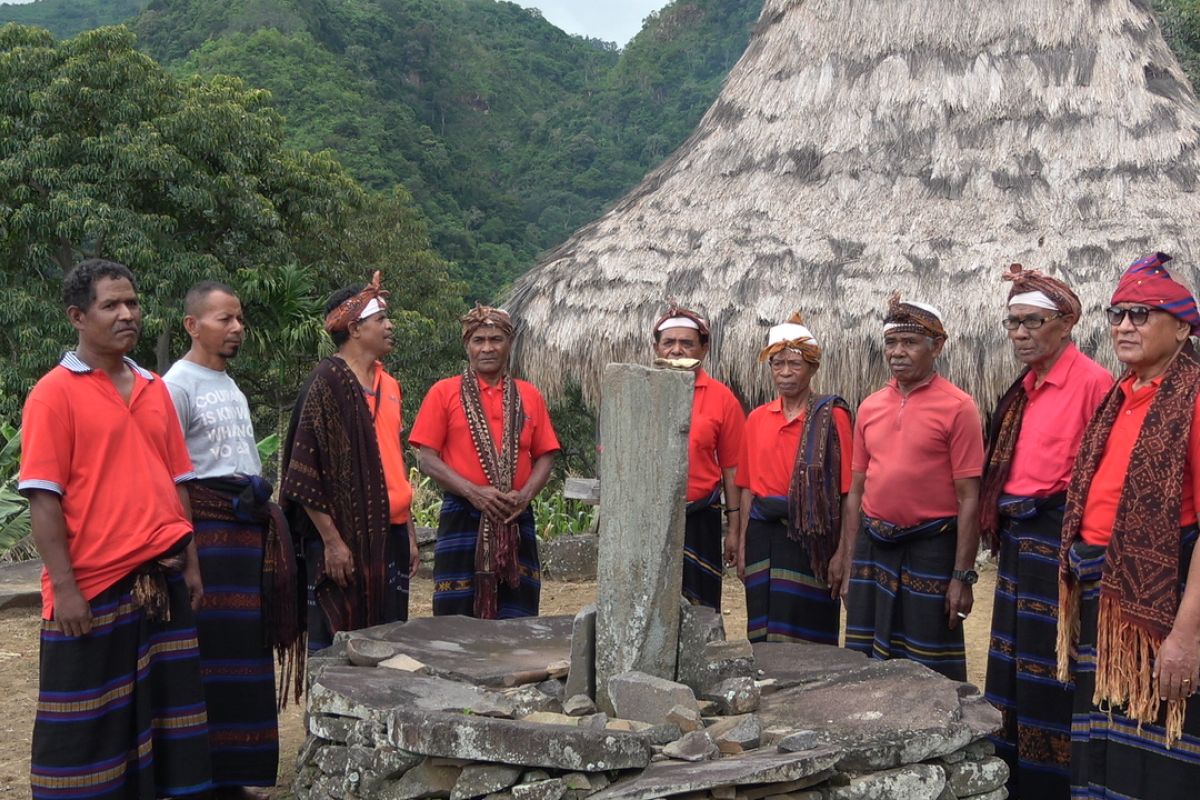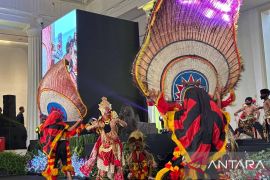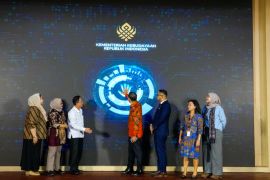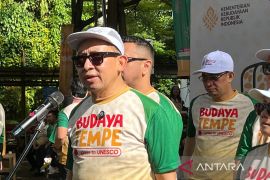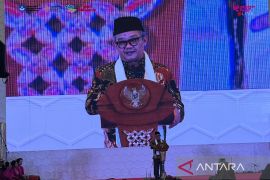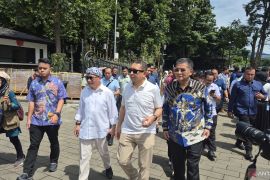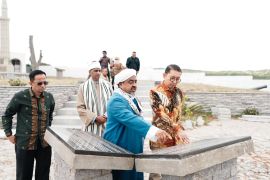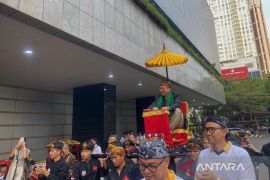This home has been controlled, maintained, and managed for generations as a place of living since the days of its ancestors.Jakarta (ANTARA) - Thousands of indigenous communities in Indonesia are dynamic groups that have tied their souls to geographical spaces, which serve as their home, the Alliance for Indigenous People of the Archipelago (AMAN) has said.
"Indigenous peoples are a dynamic society. They are elated to welcome outsiders as they have a lot of curiosity," deputy secretary general for socio-cultural affairs at AMAN, Mina Setra, remarked in a written statement received here on Wednesday.
The problem is that not all guests and tourists can appreciate their culture and environment, she said.
Many people think that indigenous life is very closed off from the outside world, she explained.
However, she added, nowadays, only a small section of indigenous people isolate themselves.
Like the Baduy Dalam tribe and the Jungle Dwellers, most members of indigenous communities have mingled with the outside world, Setra said. As a result, their lives have been influenced by the outside world which is reflected, for example, in the way they dress, she said.
Indonesia has thousands of indigenous communities spread throughout the archipelago, Setra noted.
Related news: AMAN presses for strong public pressure to return indigenous territory
She explained that they are groups who share a common cultural identity and a strong inner bond, with a particular geographical space as their home.
"This home has been controlled, maintained, and managed for generations as a place of living since the days of their ancestors," she affirmed.
The characteristics of indigenous peoples, she said, are customary rules, customary values, customs, and legends.
Moreover, like any organization, indigenous peoples also have a management structure in customary institutions, she added.
Meanwhile, travel blogger Satya Winnie said she was excited to have visited the villages where indigenous peoples live. She said that one of the insights she gained from them was slow-living.
"The life we live is fast-paced, while in the villages, they are slow-paced. However, it does not dampen their happiness," Winnie remarked.
Humans are required to adapt, but when they choose not to adapt to technology, it turns out to be alright, she explained.
"Their world does not collapse just because they do not possess a cell phone or a television. This is what I admire about them," she said, adding that modern society should learn from them.
Related news: Women's role crucial in struggle of indigenous people: AMAN
Translator: Virna S, Kenzu T
Editor: Rahmad Nasution
Copyright © ANTARA 2021
